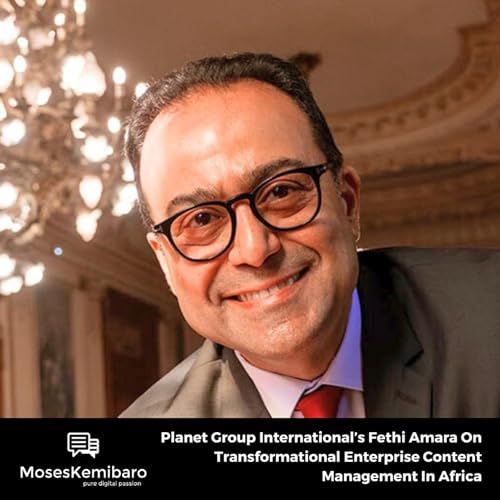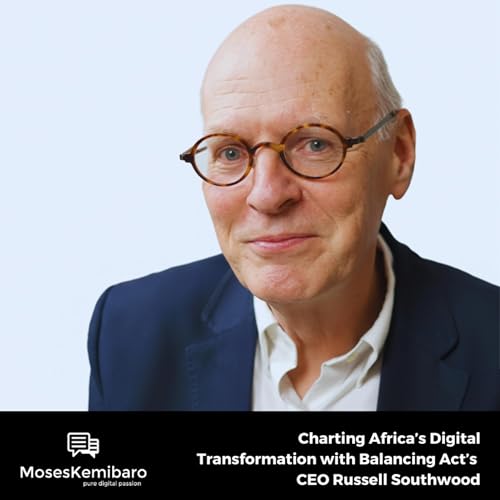At the ALN ATLAS 2025 – Africa Law & Tech Symposium on the 12th November 2025, I had the privilege of moderating a panel discussion exploring one of the most important conversations of our time: How Africa can build a digital legal infrastructure that is trusted, inclusive, secure, and ready for the future.
In this session, I was joined by three leaders who sit at the heart of Africa’s evolving digital economy — Phyllis Migwi of Microsoft Kenya, David Bunei of Oracle Kenya, and Dr. Shikoh Gitau of Qhala. Together, we unpacked the essential building blocks needed to turn Africa’s digital policy aspirations into real-world systems that can support the continent’s social and economic ambitions.
The conversation began with a deep dive into the tension between innovation and compliance, with Phyllis offering a rare inside look at how Microsoft operationalizes responsible AI, navigates the Kenya Data Protection Act, and works to build trust through transparent governance practices. She emphasized that AI adoption in Africa can only flourish if organizations commit to ethical, auditable, and people-centered approaches that protect users.
David expanded the conversation by confronting the reality that Africa risks being left behind if the continent does not accelerate investment in cloud infrastructure, data centers, and harmonized regulatory frameworks. He emphasized that Africa’s digital future cannot be built on fragmented data policies or minimal investment in digital capacity. To benefit from the Fourth Industrial Revolution, Africa must modernize its legal frameworks, scale public-private cooperation, and grow a digitally literate population capable of adopting and trusting new technologies.
Shikoh grounded the entire conversation by reminding us that digital transformation is ultimately about people. Policy documents, she argued, do not create digitization — practical implementation does. Using Rwanda’s fintech passport as a case study, she demonstrated how regulatory sandboxes, human-centered design, and region-based experimentation can unlock pragmatic, cross-border digital ecosystems that work in real life, not just on paper.
As the panel progressed, we explored the promise of blockchain in legal agreements, the future of smart contracts in Africa’s informal and agricultural sectors, the risks and opportunities associated with cross-border data governance, and the urgent need for Africa to define its own AI ethics and digital identity principles rather than import frameworks that may not reflect the continent’s realities.
We ended with a clear view of what must happen next: Africa must align digital laws with continental ambitions, build capacity at scale, experiment more boldly, and adopt legal and regulatory innovation as a default mindset. The future is already unfolding — Africa’s responsibility is to shape it intentionally.
00:00 — Introduction
02:40 — AI Governance & Compliance in Africa
08:18 — Cloud Infrastructure & Data Sovereignty
13:55 — Human-Centered Digital Policy
21:00 — Responsible AI & Public Sector Readiness
23:40 — Smart Contracts & Blockchain Adoption
32:55 — Cross-Border Data Governance
38:20 — Public-Private Collaboration
49:30 — Closing Reflections
54:50 — Final Thoughts
#ATLAS2025 #LawMeetsCode #DigitalAfrica #AIinAfrica #ALNAcademy
 Dec 17 202521 m
Dec 17 202521 m 41 m
41 m 1 h y 9 m
1 h y 9 m 41 m
41 m 58 m
58 m 1 h y 2 m
1 h y 2 m 1 h y 3 m
1 h y 3 m Sep 14 202554 m
Sep 14 202554 m
